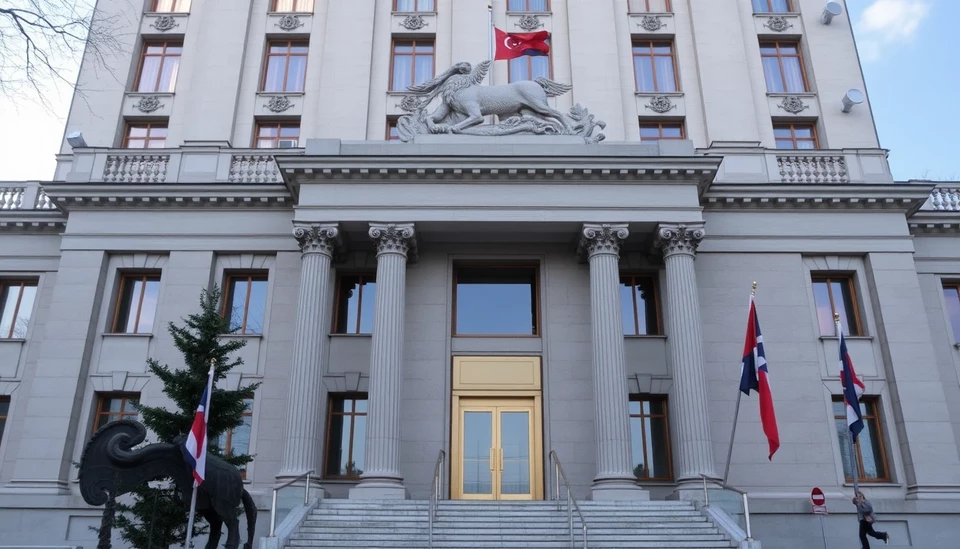
In a move that underscores the cautious approach of Serbia's central bank, the key interest rate has been held steady at 5.50%. This decision comes in the wake of rising concerns regarding potential inflationary pressures driven by planned increases in wages and pensions. The National Bank of Serbia (NBS) announced this decision in a recent meeting, emphasizing its commitment to maintaining financial stability amidst evolving economic conditions.
The NBS highlighted that the decision to maintain the current rate reflects a careful assessment of inflation trends and economic forecasts. Notably, the bank remains vigilant, considering the potential impact of significant increases in public sector wages and pensions on consumer prices. As the government proposes these raises, the central bank is tasked with ensuring that inflation does not spiral out of control.
Throughout the previous year, the Serbian economy has experienced a variety of challenges, particularly as inflationary pressures began to mount. Higher costs of living and increased market prices have raised alarm bells among policymakers, forcing the NBS to adopt a more conservative monetary policy stance. This might well be an attempt to navigate through a delicate balance of stimulating growth while keeping inflation in check.
In recent public statements, NBS officials have reiterated the importance of watching economic indicators closely. The bank is set to evaluate the effects of these substantial wage and pension hikes on the broader economy, particularly how these changes might influence consumer spending and, subsequently, price stability. Analysts are particularly focused on how the interplay between government policies and central bank actions will affect Serbia's economic outlook going forward.
While the decision was widely anticipated, the sentiment among analysts and economists suggested a split — some believed it was time to consider a rate cut to spur growth, while others cautioned against the potential inflationary fallout of such a move. The central bank's current policy reflects a careful navigation of these competing priorities as economic conditions unfold.
In conclusion, by opting to hold the interest rate, the National Bank of Serbia signifies a commitment to caution in fiscal management and a proactive stance on inflation control amidst a backdrop of wage and pension increases. The next steps from the NBS, alongside future economic indicators, will be pivotal in shaping Serbia’s monetary policy landscape in the months to come.
#Serbia #InterestRate #Inflation #Economy #CentralBank #Finance #Wages #Pensions #MonetaryPolicy
Author: Rachel Greene




